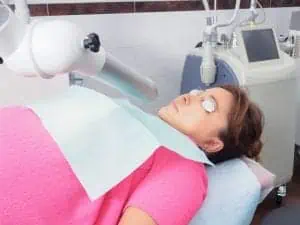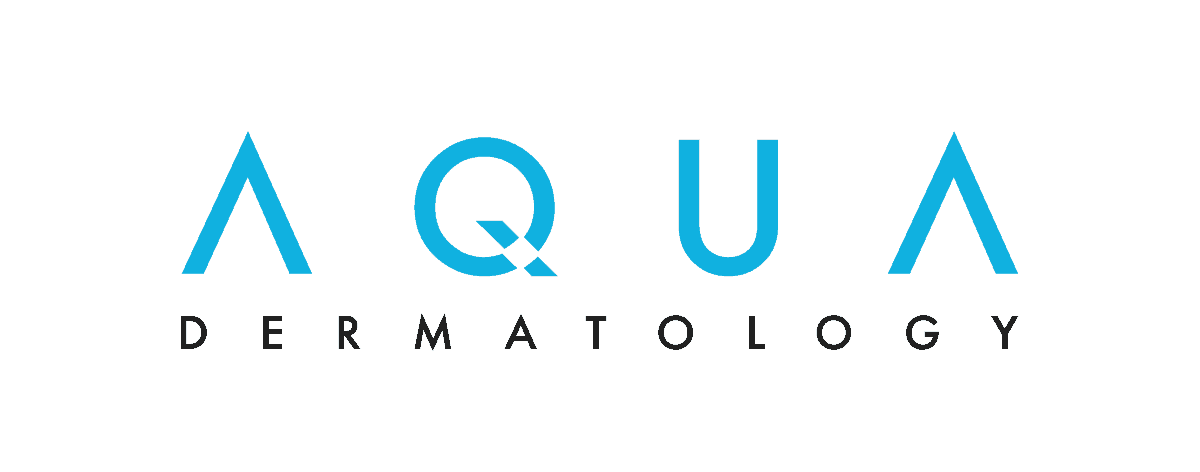
For teenagers and adults alike, acne is a difficult condition to live with. Finding the right acne treatment for your unique skin can be even more challenging. Anyone who’s struggled with acne will tell you it can flare up at any time, for no apparent reason. Being prepared with expert advice and effective treatment options is key to managing the most common skin problem on earth — with about 80 percent of adults having suffered with acne issues at some stage of life.
For some people, using the same topical spot cream can work for years. Others try every new acne product that hits the market. The problem lies with not knowing which acne treatments really work, and which are actually inferior and/or ineffective products propped up by marketing spin . It’s also impossible to predict how your skin will respond to the newest gel, lotion, mask, or tablet.
That’s why you need the right professional partner in skincare to advise, guide, and provide you with an extra level of difference-making acne care when needed. To clarify the current situation, here’s a look at what’s new in acne treatments.
Online Dermatology Visits for Acne
A study published in JAMA, the Journal of the American Medical Association, has shown that photos taken by patients on a smartphone and submitted through a technology platform called NORA, can be as effective in monitoring and treating acne as in-office encounters with a dermatologist.
Another study with 8,000 participants is currently underway, and early findings are encouraging. They suggest that virtual dermatology services such as Water’s Edge Online Dermatology Visits can be a convenient, affordable, and effective way to consult board-certified dermatologists about acne and other skin problems.
Accutane Still Works for Many, and May Actually Help Depression
Isotretinoin (Accutane) is a medication that has been used for years to treat severe acne, providing much success for many patients. But it has long been thought that this highly effective acne drug might also trigger depression and other psychological problems for some people.
Now, however, a new meta-analysis of more than 30 studies has found that isotretinoin may actually help relieve depressive symptoms. The findings, which were published in the Journal of the American Academy of Dermatology, show that the incidence of depression is lower and depression scores actually improve following treatment with isotretinoin.
Laser & Light-Based Acne Treatments
While Laser skin resurfacing is beneficial in reducing acne scars and improving the overall appearance of the skin, new light-based treatments are an emerging alternative. These therapies for inflammatory acne have a solid safety profile, with no increased risk of bacterial resistance.
A couple of words of caution as you learn more about laser and light-based acne treatments. Home-use devices for light therapy can be far less effective than in-office treatments. There are countless such products for sale online, but none will match the strength and effectiveness of in-office procedures. Also, know that light therapy is usually most effective when used in combination with more proven treatments.
New Nitric Oxide Gel Acne Treatment
Researchers at Novan, Inc. have studied the physiology of acne and developed a new nitric oxide gel that has a different mechanism of action than traditional topical treatments. The SB204 gel stops the inflammatory process and treats acne in a completely new way.
Traditional acne treatment with retinoid drugs treats the condition by peeling and shedding the skin. The new nitric oxide gel is gentler on the skin. In terms of safety, the findings of a placebo-controlled trial show that the gel does not lead to an increase in the systemic level of nitrate. In addition, the gel does not affect the cardiovascular system. This new nitric oxide gel for acne is expected to hit the market by 2019.
All the above and other such upcoming advances in acne treatment can be quality-of-life-savers for teens seeking acne treatment, and for millions of adult acne sufferers as well. What’s most important is to find the right dermatology practice and professional skincare partner in your area. Because whether it’s teen or adult acne, it’s a confounding skin condition best managed in tandem with an experienced dermatology provider at your disposal.





